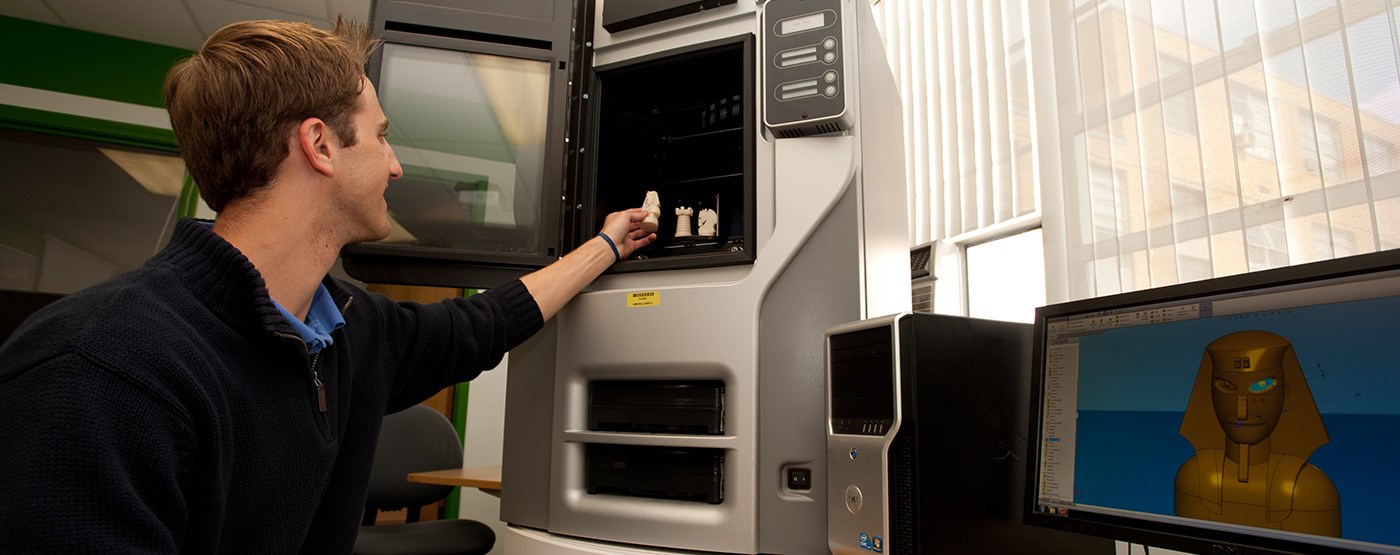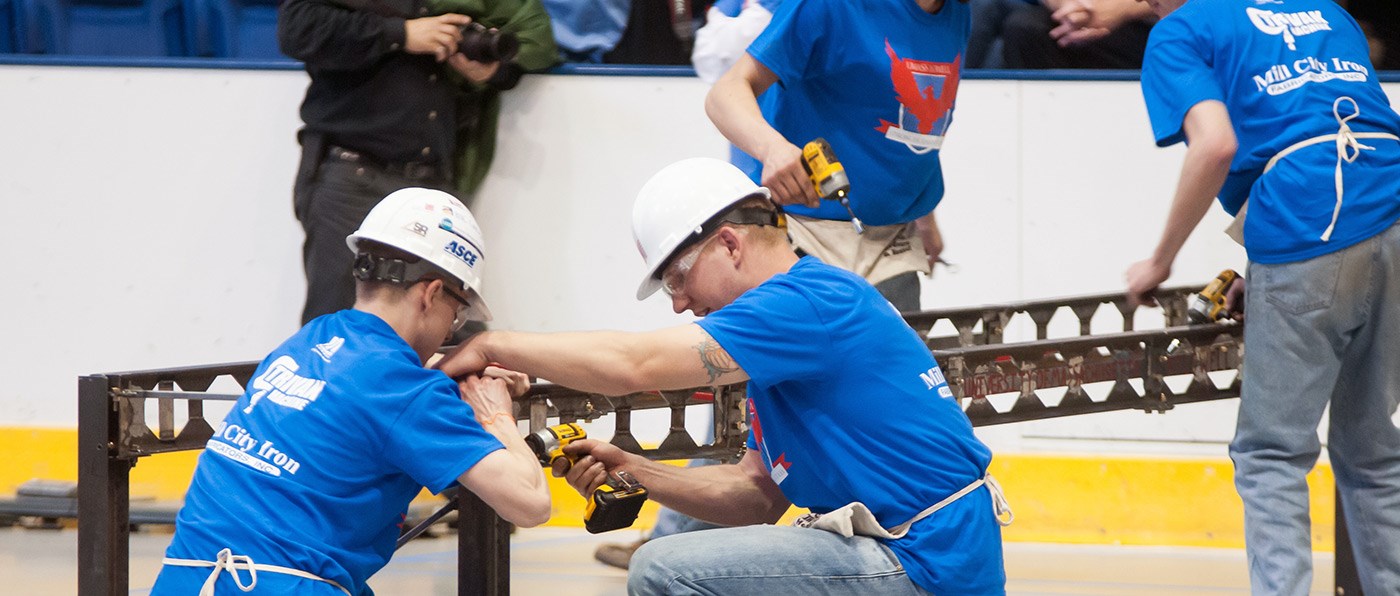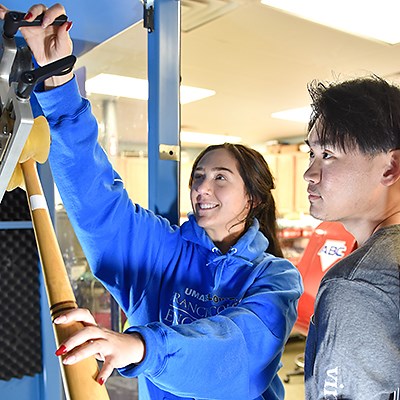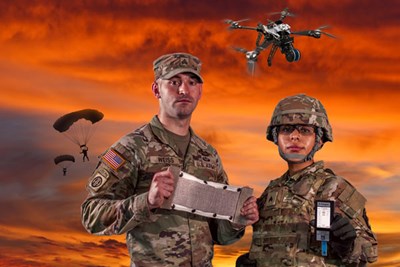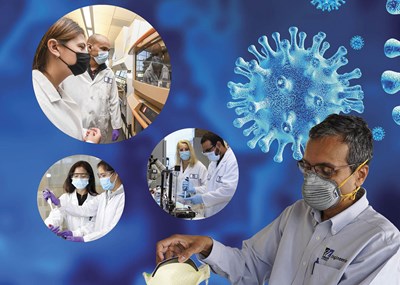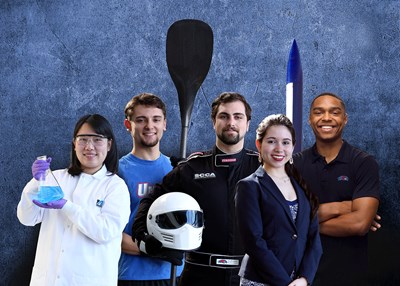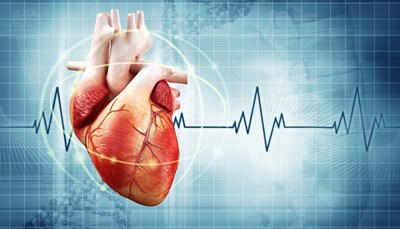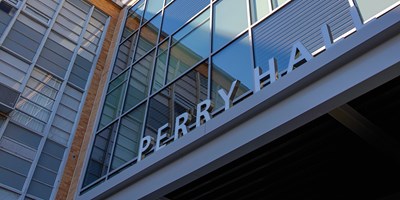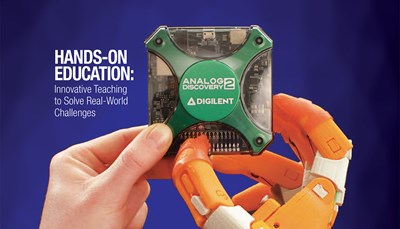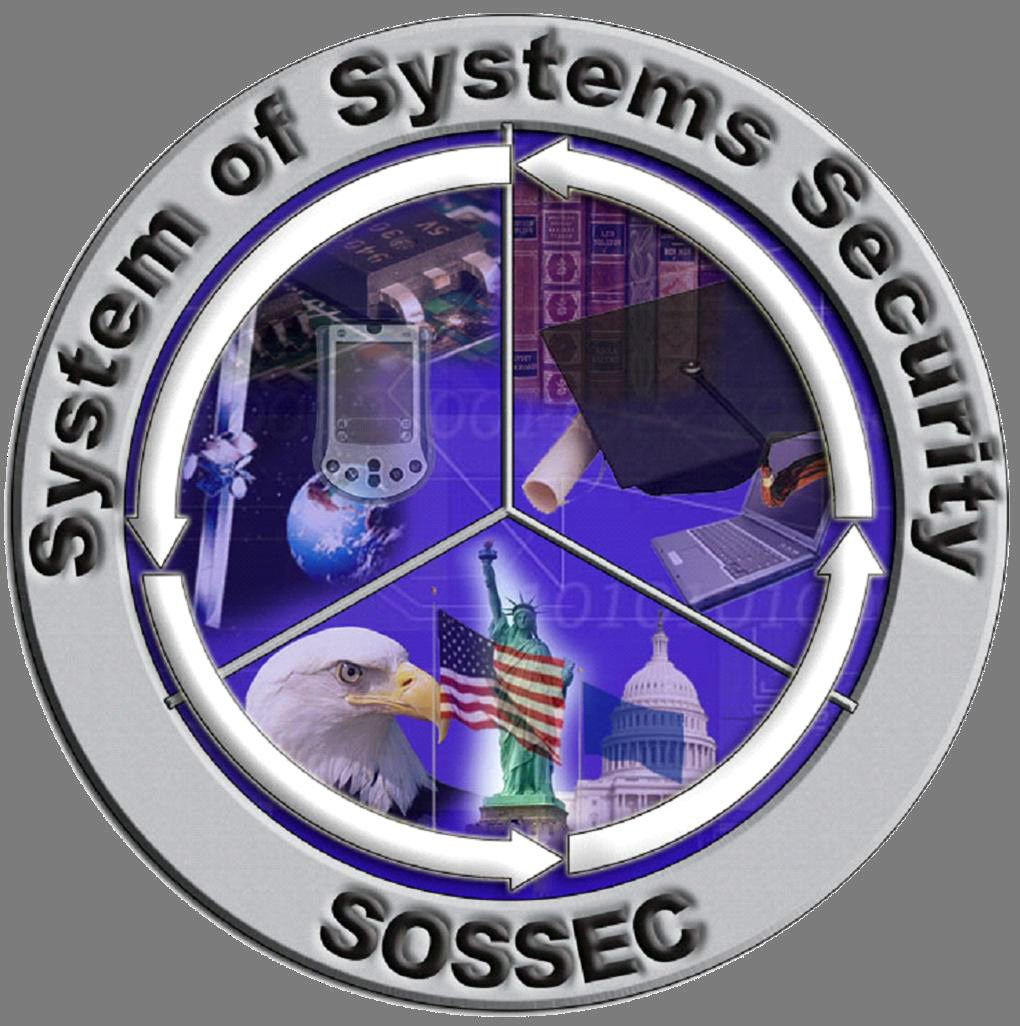Solving the pressing problems of today and tomorrow
The Francis College of Engineering has developed a broad research portfolio, comprising basic research funded by the National Science Foundation and Department of Defense, and applied work with companies throughout the region.
Given our founding as a developer of solutions for the textile industry, it is no surprise that our College heavily engages with industry to find solutions to the pressing problems of today and tomorrow. In fact, one-third of our research expenditures in 2018 were from industry.
It is this willingness and ability to partner with industry that has led to our leading participation in a number of Manufacturing USA Initiatives, including those in Additive Manufacturing (America Makes), Biopharmaceutical Manufacturing (NIIMBL), Functional Fabrics (AFFOA), Robotics Manufacturing (ARM), Composites Manufacturing (IACMI), Flexible Electronics (NextFlex), and Recycling and Reuse (REMADE).
These initiatives bring industry and universities together, often with additional government funding, in order to solve problems in the future of manufacturing. We have highlighted a number of our research innovations in Engineering Solutions, a semi-annual publication of the College.




